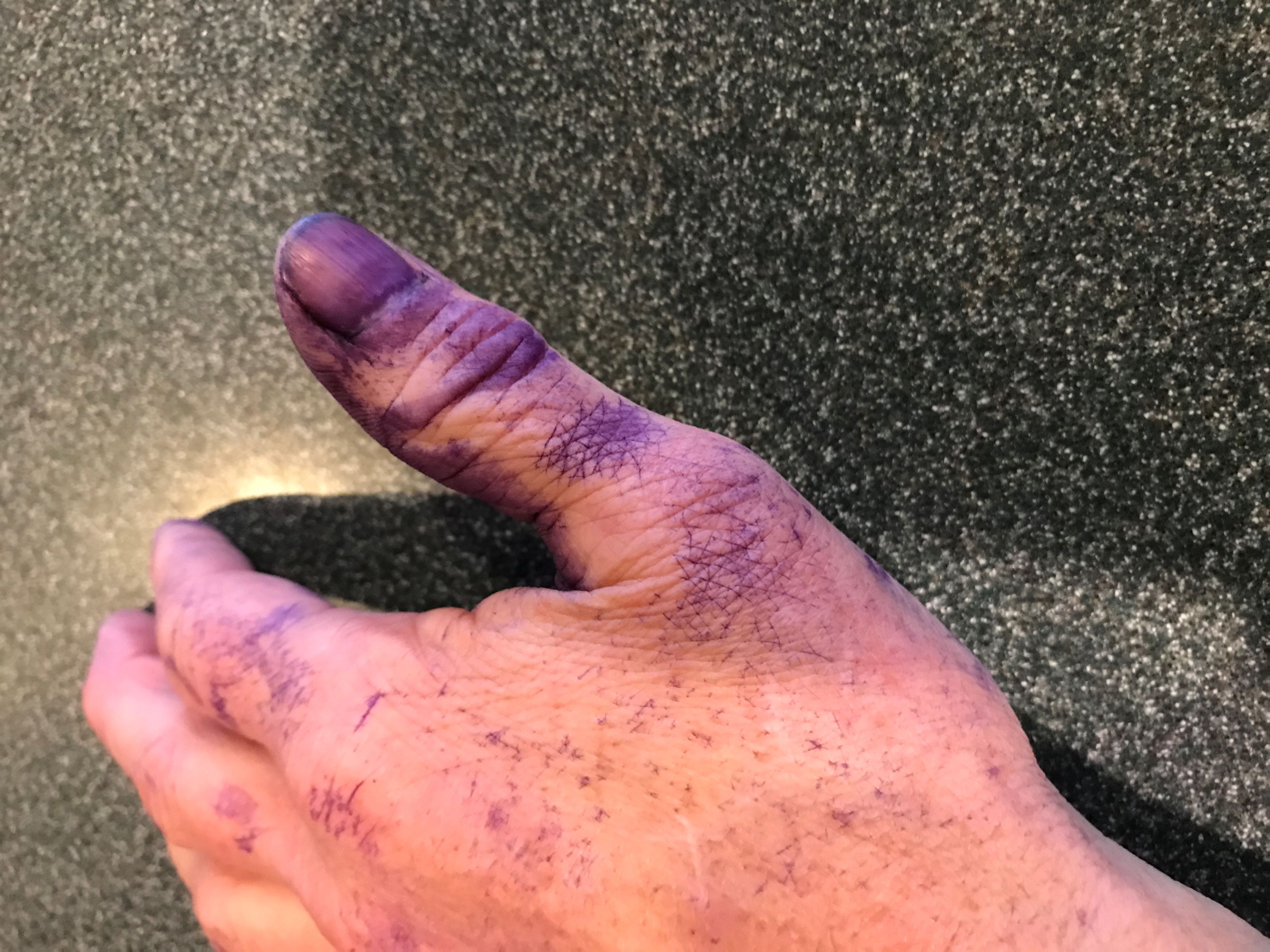Forty Days and Forty Nights
January 12, 2024
During the summer when the grass is growing, we move our sheep from one pasture to the next before they graze the grass too short. The sheep are constantly moving, and the grass is constantly growing. When the first pasture has fully recovered, we let them back in to graze it again. The process is called rotational grazing, and it works pretty well. During extended droughts and wintertime, we keep the sheep in one pasture until the grass begins to grow again. That pasture is traditionally called “the sacrifice pasture,” because in theory it’s being sacrificed for the good of all the other pastures.
When spring comes, it takes a couple months for the sacrifice pasture to recover, but once it does, it comes back strong. The accumulation of manure and left over hay from winter feeding adds lots of nutrients to the battered soil. It takes a little time, but the microbes in the soil sort it all out and left to its own devices, the pasture comes back stronger than before.
During a normal New England winter the ground is frozen and most of the damage to our sacrifice pasture is superficial. This year though, it’s been so warm and wet the pasture is really taking a beating and I worry about how long it will take for it to fully recover. Our sheep are having issues as well. Their hooves are constantly wet, from the muddy fields and are getting infections. Each day a new sheep is limping - unwilling to put any weight on the sore hoof. We clean and trim the hoof as best we can, and then spray it with a disinfectant. The sheep don’t like having their hooves “messed with” and as soon as I start spraying, they start thrashing - and inevitably I end up with more of the brightly colored spray on me than on them. My hands are now covered with what looks like purple electoral dye - announcing that I have recently voted half a dozen times, or more.
This winter’s first snow and freezing weather was a relief, but it was brief. After the 2020 drought I swore I’d never complain about rain ever again, but I’m definitely beginning to whine. This summer, after his entire crop was lost to flooding, a farmer told me “droughts might scare you to death, but floods will surely starve you to death.” I think I’m beginning to understand and if we could be permitted to vote yet again, the sheep and I would cast our ballots for a bit more cold and a lot less rain. Something along the lines of a good old fashioned New England winter would be really nice right about now.

